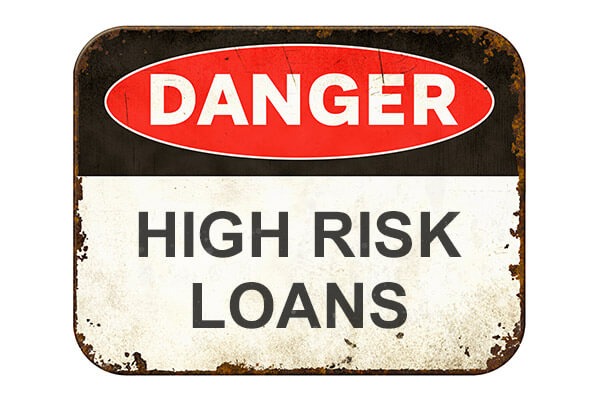THE DANGERS OF HIGH INTEREST DEPT
Patrik Barfi 2024-07-24 12:59:37 10:30 1

THE DANGERS OF HIGH INTEREST DEPT
High-interest debt can be a financial nightmare, leading to a cycle of debt that's hard to escape. When you borrow money at high interest rates, you're not just paying back the principal amount – you're also paying a premium for the privilege of borrowing.
The Risks of High-Interest Debt
1. Debt Spiral: High-interest debt can lead to a debt spiral, where you're paying more in interest than the original principal amount.
2. Financial Strain: High-interest debt can cause significant financial strain, making it difficult to pay bills, rent/mortgage, and other essential expenses.
3. Credit Score Impact: Missed payments and high credit utilization can negatively impact your credit score, making it harder to obtain credit in the future.
4. Limited Financial Flexibility: High-interest debt can limit your financial flexibility, making it difficult to invest, save, or cover unexpected expenses.
5. Emotional Stress: High-interest debt can cause significant emotional stress, affecting your mental health and well-being.
Common Types of High-Interest Debt
1. Credit Card Debt: Credit card interest rates can range from 15% to over 30%, making it difficult to pay off the principal amount.
2. Payday Loans: Payday loans often come with exorbitant interest rates, sometimes exceeding 300%.
3. Title Loans: Title loans can have interest rates ranging from 100% to 300%, putting your vehicle at risk.
4. Private Student Loans: Private student loans can have high interest rates, making it difficult to pay off the principal amount.
Strategies to Avoid High-Interest Debt
1. Create a Budget: Prioritize essential expenses and avoid unnecessary purchases.
2. Build an Emergency Fund: Save 3-6 months' worth of expenses to avoid going into debt.
3. Use Low-Interest Options: Consider low-interest credit cards, personal loans, or balance transfer options.
4. Pay Off High-Interest Debt First: Focus on paying off high-interest debt before lower-interest debt.
5. Seek Professional Help: Consult a financial advisor or credit counselor for personalized advice.
By understanding the dangers of high-interest debt and taking proactive steps to avoid it, you can protect your financial well-being and achieve long-term financial stability.
If you have any specific questions or would like me to expand on this topic, feel free to ask!